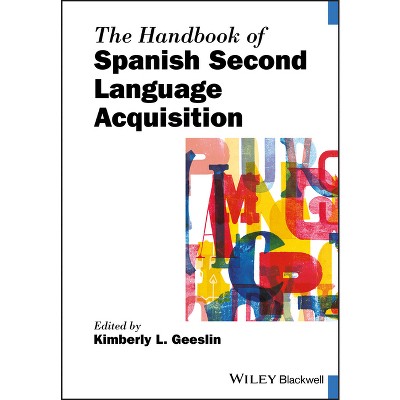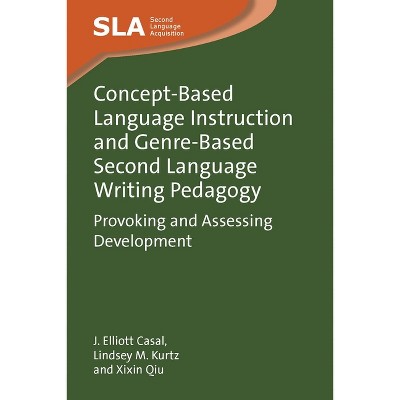About this item
Highlights
- Organic chemistry is a challenging subject, with many students expecting it to require many hours of memorization.
- About the Author: David Klein is a lecturer at Johns Hopkins University where he teaches Organic and General Chemistry.
- 576 Pages
- Science, Chemistry
Description
About the Book
"Benzene is resonance stabilized, as shown above, and is sometimes drawn in the following way This type of drawing a hexagon with a circle in the center is not suitable when drawing mechanisms of reactions, because mechanisms require that we keep track of electrons meticulously. But, it is helpful to see this type of drawing, even though we won't use it again in this book, because it represents all six electrons of the ring as a single entity, rather than as three separate bonds. Indeed, a benzene ring should be viewed as one functional group, rather than as three separate functional groups. This is perhaps most evident when we consider the special stability associated with a benzene ring. To illustrate this stability, we can compare the reactivity of cyclohexene and benzene"--Book Synopsis
Organic chemistry is a challenging subject, with many students expecting it to require many hours of memorization. Author David Klein's Second Language books prove this is not true--organic chemistry is one continuous story that actually makes sense if you pay close attention. Klein's books use a conversational tone making them more accessible and easier to read for students.
Organic Chemistry as a Second Language: Second Semester Topics, 6e builds on the principles explored in the first half of the course, delving deeper into molecular mechanisms, reactions, and analytical techniques. Using Klein's one-of-a-kind SkillBuilder approach, the book includes hands-on exercises and thoroughly explained solutions designed to further reinforce student comprehension of chemical concepts and organic principles. An indispensable supplement to the primary text, this resource covers aromatic compounds, infrared (IR) and nuclear magnetic resonance (NMR) spectroscopy, nucleophilic and electrophilic aromatic substitution, ketones and aldehydes, carboxylic acid derivatives, and much more.
Organic Chemistry as a Second Language: Second Semester Topics, 6e teaches students how to ask the right questions to solve problems, study more efficiently, and learn to speak the language of organic chemistry. Like its first-semester companion title, it is an essential 'guide on the side' for any organic chemistry student no matter what textbook or instructor-provided lecture material is used. The inclusion of new end of chapter problems, providing both practice and challenge, will prepare students and build confidence come exam time, as well as outside the classroom.
About the Author
David Klein is a lecturer at Johns Hopkins University where he teaches Organic and General Chemistry. He is a dynamic and creative teacher and uses analogy to help students grasp difficult topics. Klein's unique informal voice and manner of presentation help students truly master key topics in this course. He is also the author of Organic Chemistry as a Second Language; response to this book has been phenomenal.
Shipping details
Return details
Trending Non-Fiction












